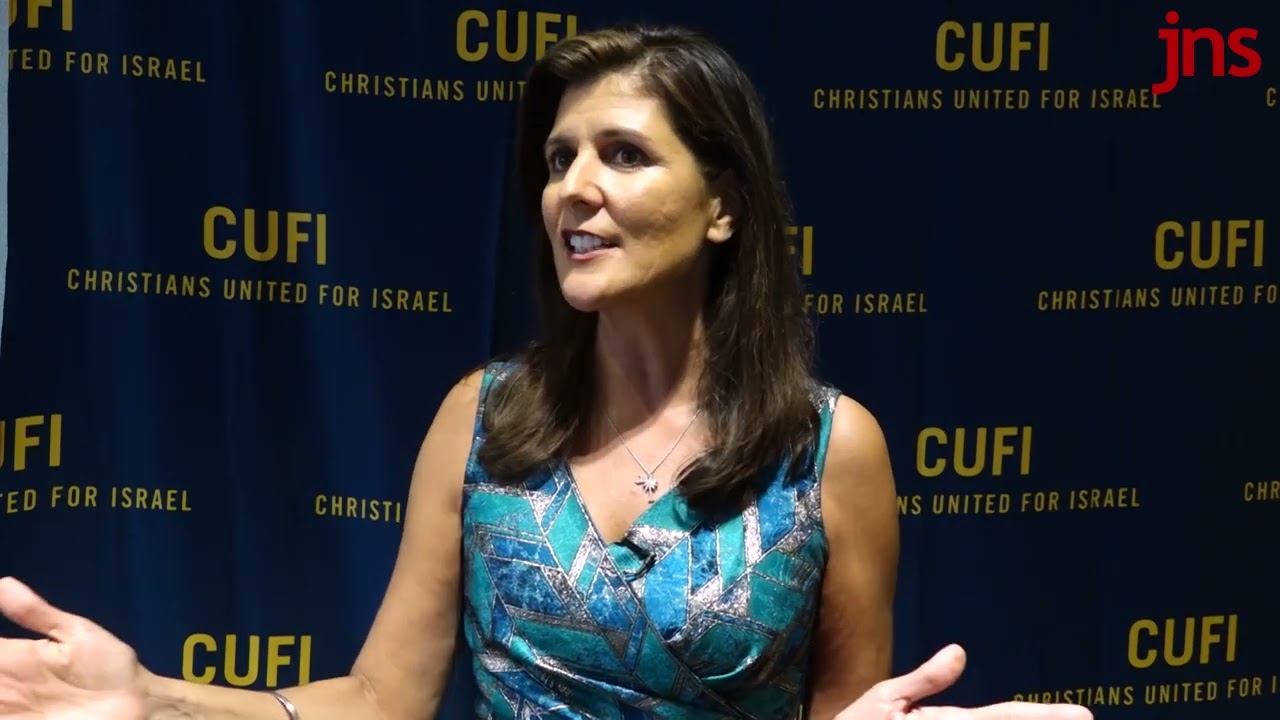As the 2024 election begins to slide slowly into view, it’s now clear that barring an unforeseen health issue, Joe Biden will be the Democratic nominee for president. But the Republican field has been unusually slow to develop, mainly because most of the GOP potential candidates have been hesitant to be the first to join Donald Trump on the primary landscape. They remember how Trump eviscerated Jeb Bush and others in the early stages of the 2016 campaign, and they clearly see safety in numbers when it comes to confronting the former president this time around.
That’s why former United Nations Ambassador Nikki Haley’s recent entry into the race has drawn so much interest and attention. While Trump and Florida Governor Ron DeSantis continue to be the clear front-runners in early Republican polling, Haley has the skills and possibly the support base to mount a credible and perhaps competitive underdog campaign. And one of her most important strengths is her support from the small but influential community of Jewish conservatives.
That’s why Haley deserves to be taken seriously. In her announcement video, Haley appears in a helicopter overlooking the Israeli border with Gaza and then walking alongside Danny Danon, then Israel’s ambassador to the United States and now a member of Benjamin Netanyahu’s Knesset majority. While Danon has not endorsed a candidate in this country’s election for obvious reasons, he has said that “if Nikki Haley was running for president in Israel, she would have won easily.”
Haley and Danon developed their friendship during their overlapping tenure at the United Nations, where Haley advocated for the move of the American Embassy to Jerusalem and the U.S. withdrawal from the U.N. Human Rights Council, and fought against U.S. funding for the United Nations Relief Works Agency. As a result, she built a strong following among Israeli voters. If Americans made their decisions on the same criteria, Haley would be difficult to stop next year.
But they don’t. So Haley faces a decidedly uphill path to the GOP nomination, let alone a general election victory. Her struggle to break out of a second tier of candidates may be aided by Jewish voters, evangelicals and others for whom Israel is a top priority. Her record on school choice and charter school expansion will also appeal to religious conservative voters, as will her history on issues relating to religious liberty. Neither of those policy areas make her unique in a Republican primary field, but they will allow her to buttress her pro-Israel reputation in the international arena with domestic matters that are important to GOP stalwarts.
None of this will make Haley palatable to the majority of American Jews, who will vote for Biden or his Democratic replacement next year. But in a crowded Republican candidate lineup, Haley’s profile on issues that matter to pro-Israel primary voters will likely give her a turn in the spotlight on which she has the potential to capitalize.
About a third of Republican voters will support Trump under almost any circumstances. A similar number are currently lining up with DeSantis, although it remains to be seen whether they are committed to the Florida governor or if he is simply their first stop in an un-Trump exploration process. But Haley’s unique demographic profile and her conservative orthodoxy on most domestic policy issues will combine with her commitment to Israel to create a platform many GOP voters may consider.
Haley is a long-shot, no doubt about it. But her difficult path to Pennsylvania Avenue would almost certainly go through Jerusalem.
Dan Schnur is a Professor at the University of California Berkeley, USC and Pepperdine. Join Dan for his weekly webinar “Politics in the Time of Coronavirus” (www/lawac.org) on Tuesdays at 5 pm.
This article was originally published by the Jewish Journal.


























